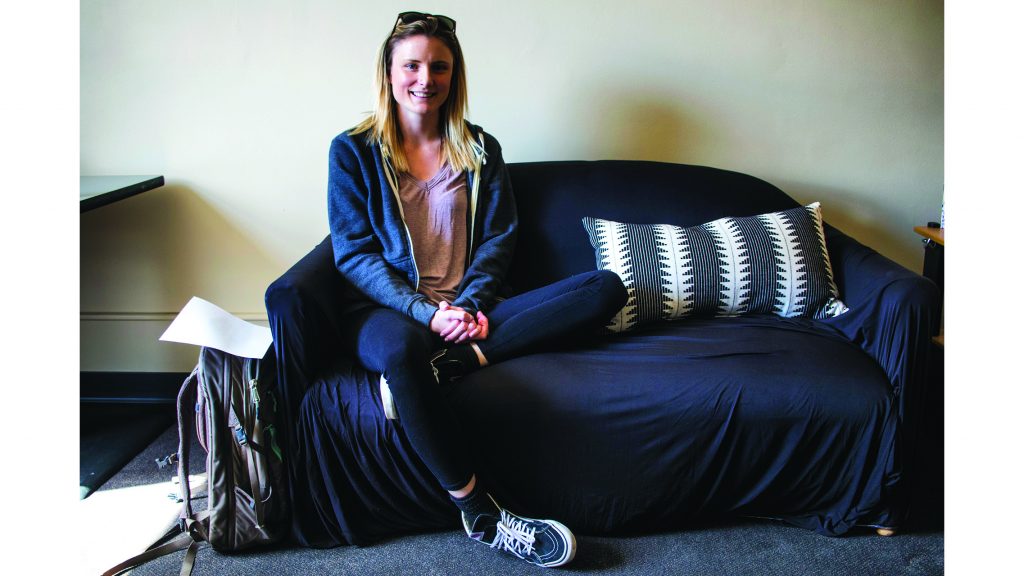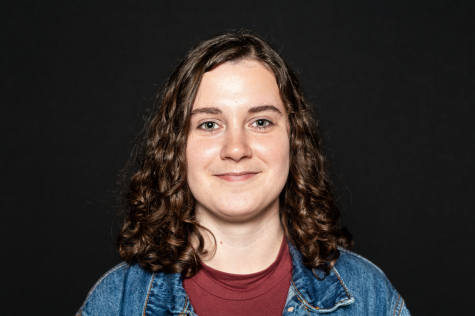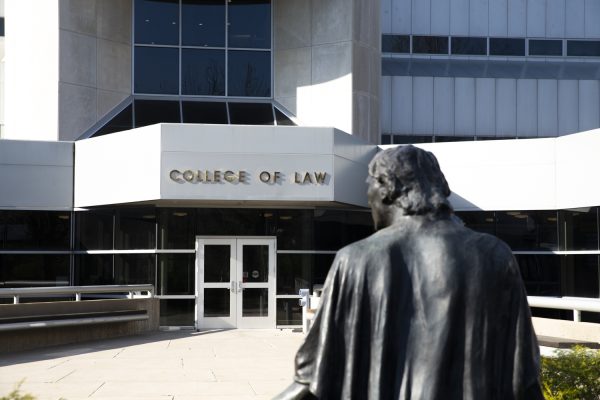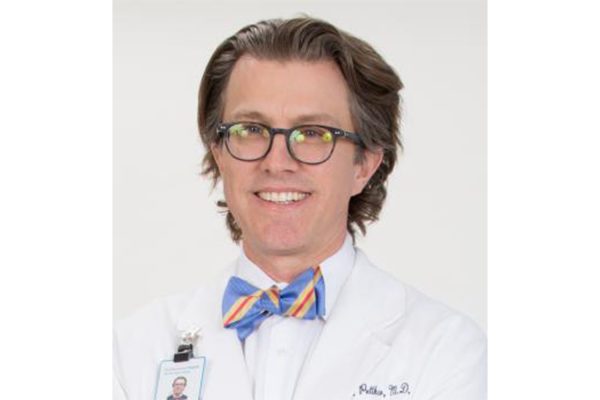UI Collegiate Recovery Program supports students struggling with substance abuse
April 4, 2018
It wasn’t until drug and alcohol abuse got in the way of her academic pursuits that Kaylee Zimlich knew she had a problem on her hands larger than participating in the college party culture.
By the end of her junior year, she knew that to remove herself from that culture, she had to leave the University of Iowa. And in April 2016, that’s what she chose to do.
“My [substance] use and mental health was to a point where I was physically dependent on drugs,” she said. “I couldn’t go to class or anything without drugs or alcohol, and it was affecting my schoolwork and mental health substantially.”
At that point, Zimlich began letting her parents in on her struggles with depression and substance abuse, and she was soon on her way to getting the help she needed. After an initial hospital visit, she took time to restart her life in Colorado by checking into a residential rehabilitation center and eventually enrolling at the University of Colorado-Boulder.
With the help of the school’s Collegiate Recovery Center, Zimlich said, she got her life back on track. But after learning her credits from the UI wouldn’t transfer to Colorado, she decided to give the UI another shot in August 2017.
To make her return to the UI successfully and provide others with the resources that helped her in Colorado, she made it her mission to assist university officials in establishing a Collegiate Recovery Program.
“… There have been people who have died here,” said Zimlich, who plans to graduate in May. “It’s well-known that the university likes to party and drink. I think that knowing that there weren’t any resources for students who couldn’t leave, that means they would probably drop out.”
RELATED: Survey reveals decline in high-risk alcohol use among UI students
Tanya Villhauer, the UI associate director of harm reduction and strategic initiatives, said services encompassing early intervention and outpatient treatment existed at the university. What was lacking prior to the implementation of the Collegiate Recovery Program was something focusing on supporting students in between the ends of the recovery spectrum.
“Helping them along the way is really a challenge for us,” Villhauer said.
The program is aimed at those more in the middle of the spectrum, providing support for students at any level of recovery from substance-abuse problems, whether they’re in the process of recovery, are contemplating recovery, or are supporting those in recovery.
The 2015-16 University Counseling Service report showed an increase in diagnoses of substance-abuse problems from 8 percent of diagnoses in fiscal 2014 to 12 percent in fiscal 2016 among the service’s clients.
University Counseling Director Barry Schreier said this spike can be attributed to the hiring of staff member who specializes in the area. In the spring of 2017, the university also began the Success, Not Excess program for students wanting to make or considering making changes to their substance use.
RELATED: UISG, Iowa City police try to keep nightlife safe
Recovery services are intended to be accessible to students in the ways they need it and on their own terms, Schreier said, but this is going beyond offering a service, it’s engaging in culture change.
“We’re moving culture here on this campus about substance and what does it mean in your daily life and what does the campus have to say,” he said. “In absence of the campus having a voice about it — especially around recovery — that’s what students think the message is, is nothing. Now we’re beginning to have a voice about it, and it’s beginning to shift the culture.”
Vice President for Student Life Melissa Shivers said the program shows the willingness of the university community to adapt to students’ needs and dedicate services to fulfill their needs. Now, there is a space in which they are encouraged to abstain from alcohol or other drugs.
“I could not be prouder and happier about this program and the ways that it is supporting students who perhaps at a completely different time would not even own the fact that they may have an issue with alcohol or other drugs and now find a place that welcomes and encourages them,” she said.















